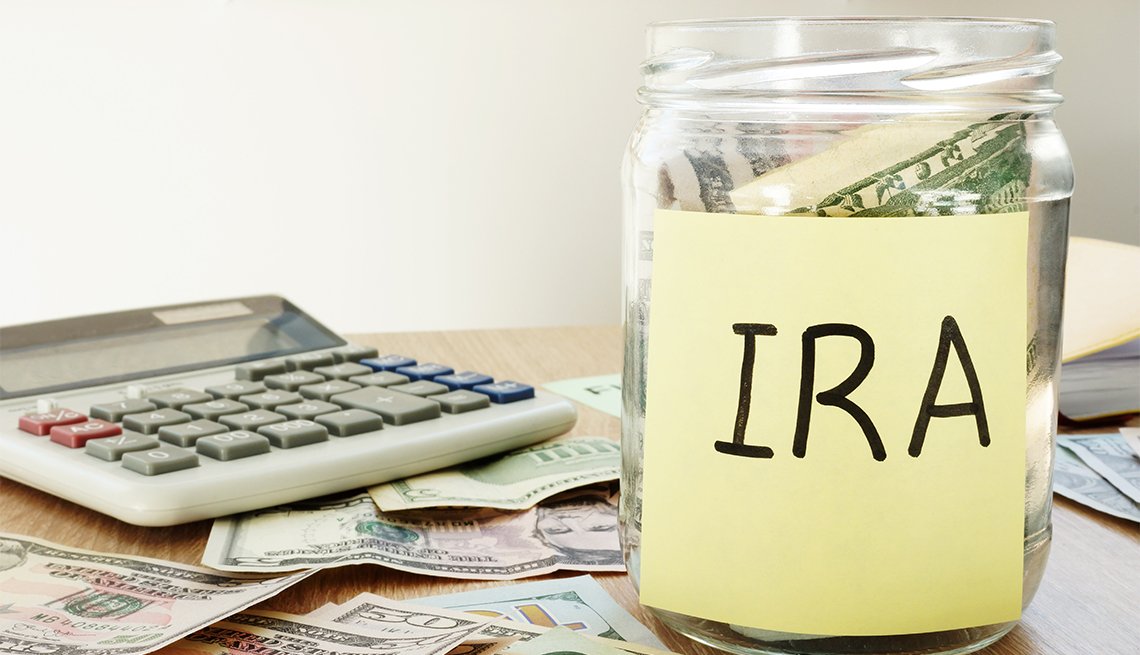According to experts at SoFi, there’s no reason to pay taxes on money you save for retirement. The only way to do it legally is by setting up a retirement account. Investors have the right to hold any investment as a retirement asset. Accumulating tax-deferred wealth helps you to protect your long-term investments while they’re in the phase of growing. For this reason, investors find it helpful to learn about IRAs and how such can build their futures. Below, we cover IRAs and the types suitable for you.

What is an IRA?
An IRA is an individual retirement account. It’s granted tax protection from the government, giving its owners a sense of peace. The IRA account itself has no initial value, however, because it’s simply an account. What’s placed into it dictates your long-term investment potentials. From horses to houses, IRAs give you the option of investing with diversity. As long as you have retirement in mind, the holdings in an IRA can grow without a capital gains status.
Why Invest in an IRA?
Investors prefer IRA accounts because they’re a tax haven. Unless you prematurely withdraw your holdings prior to maturity, you get to keep a substantial percentage of your earnings. These accounts are also “out of sight and out of mind.” Your holdings aren’t left in your hands where they can be carelessly squandered. Investing into an IRA doesn’t take your right to invest into other financial instruments away. Financial institutions are also issuing IRAs with convenient services and great advisory aid.
It’s important to know which IRA to choose on SoFi; the options you have give you a range of results, and you can find the details below.
IRAs to Start With Now
Traditional
A traditional account receives a monthly payment into it. The “payments” made into an IRA are automated like those made into a 401(k). What you contribute monthly is eligible as tax deductions.
Roth
Though you’ll pay withdrawal fees for using money in your traditional IRA, in a Roth account, you can use your money without penalty. A Roth taxes the initial contributions you make to ensure you’re not taxed later.
Rollover
Since both career and investment changes are so transformative, rollover IRAs allow you to transfer assets to different accounts. You won’t incur a fee.
SEP
The Simplified Employee Pension (SEP) IRA is used to either open a retirement account for self-employed workers or for business owners to give their employees a pension.
Spousal
Spousal IRAs are used to bypass the application requirements of IRAs. You need a Spousal IRA when investing into the retirement future of someone who didn’t earn the money you contributed.
Nondeductible
The set cap on monthly contributions into an IRA account calls for those earning too much to lower their contributions via taxes. Doing this means you can’t use your contributions as tax deductibles.
Self-Directed
Self-directed IRAs are those that receive other assets besides cash. This includes real estate or debt. Nevertheless, Self directed IRAs share a few fundamental features of traditional or Roth IRAs. It includes eligibility requirements and contribution limits.
Leave a Reply